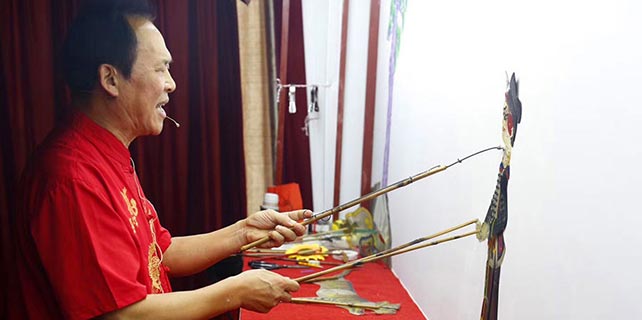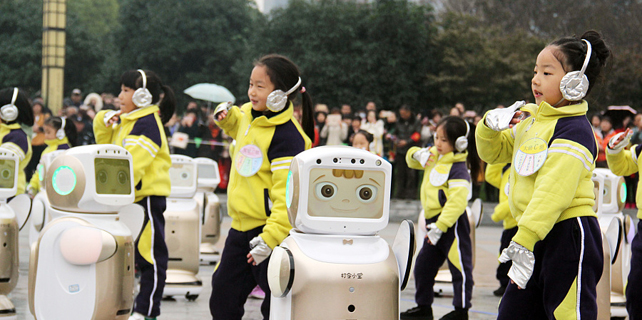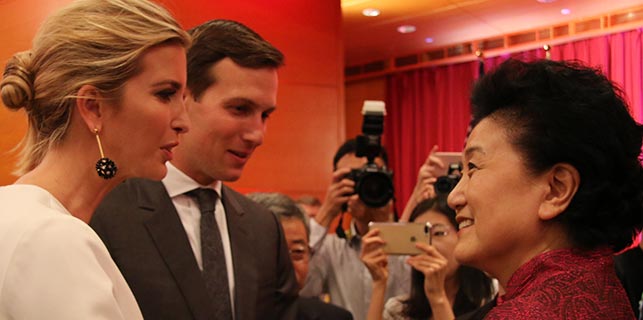Japan's PM calls snap election as opposition parties look to join forces
 |
|
Japan's Prime Minister Shinzo Abe (L) talks with his party's lawmaker Shinjiro Koizumi, son of former Prime Minister Junichiro Koizumi, at the party lawmakers' meeting after the dissolution of the lower house was announced at the Parliament in Tokyo, Japan September 28, 2017. [Photo/Agencies] |
In addition, to ensure Koike's new party in term of its policies is clearly distinguishable from Abe's ruling coalition, the Party of Hope is a proponent of freezing the tax hike slated for October 2019 and is against Japan's use of nuclear energy and wants to see its plants scrapped.
The Tokyo governor's latest moves follows her Tomin First no Kai's (Tokyoites First party) sweeping victory in the Tokyo metropolitan assembly race in July, seeing off challenges from rival parties including the ruling LDP, which Abe is also the president of.
The Tokyo metropolitan assembly race is widely regarded as a barometer for the future direction of national politics and triggered rumors at the time that Koike was eyeing a return to national politics after her landslide win, as has proved to be the case.
Meanwhile, Koike herself is a seasoned politician having served as a lower house member from 1993 to 2016, at which time she resigned to run in the gubernatorial election which she won.
She previously held the defense minister portfolio in the Cabinet of Prime Minister Shinzo Abe, but resigned in August 2007 after just 54 days in office.
Koike said she will run her new party and continue on in her role as Tokyo governor.
Abe, for his part, on formally announcing he would call a snap election, said that the dissolution of the lower house and calling of a general election is in essence to seek a mandate on his policies to address Japan's rapidly aging society, falling birth rate and issues of security related to tensions on the Korean Peninsula.
The prime minister recently unveiled a 2 trillion yen (17.8 billion US dollars) policy package to be paid for by an allocation of revenue generated from a tax hike slated for 2019, to service ballooning social welfare costs.
Abe last dissolved the lower house of parliament in Nov 2014 and thereafter led the LDP and its junior Komeito coalition ally to a sweeping victory in the following election in December.
















